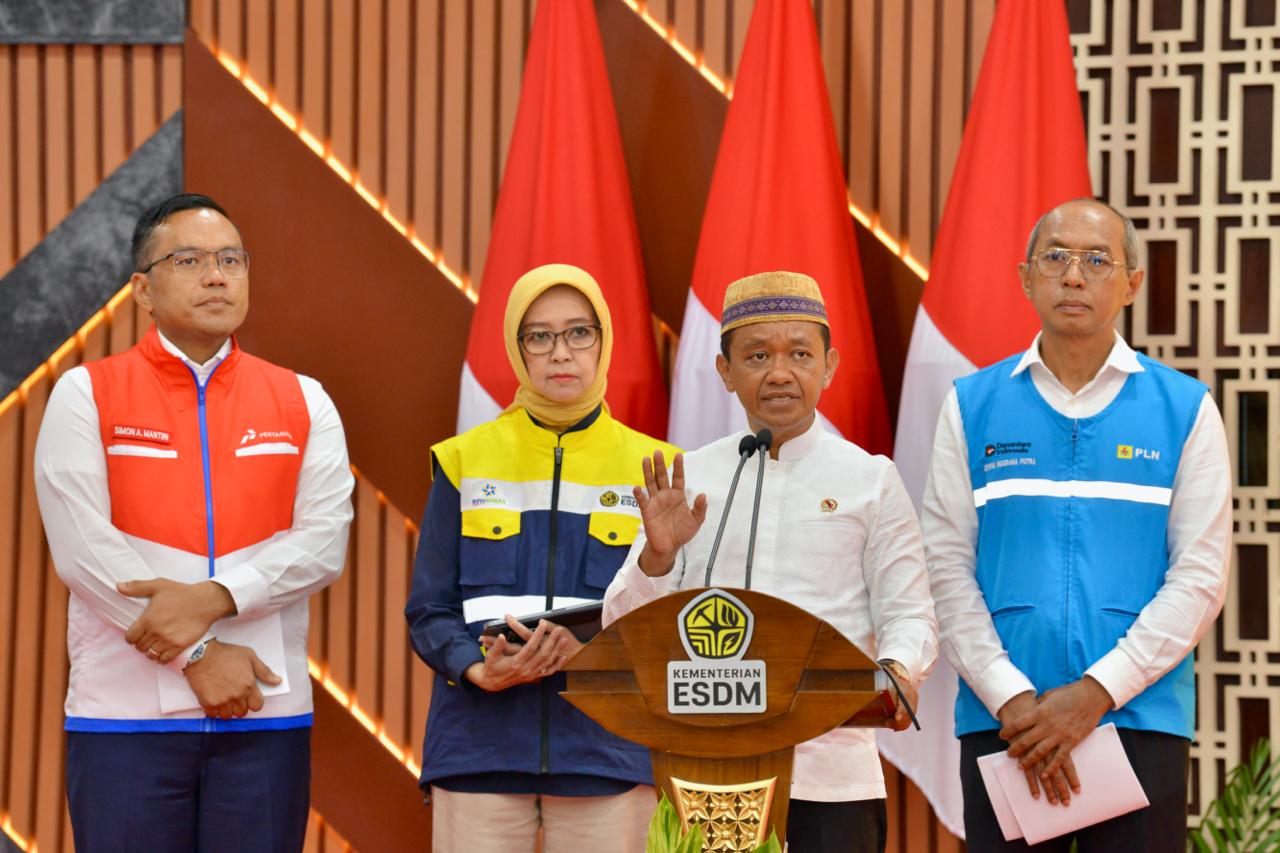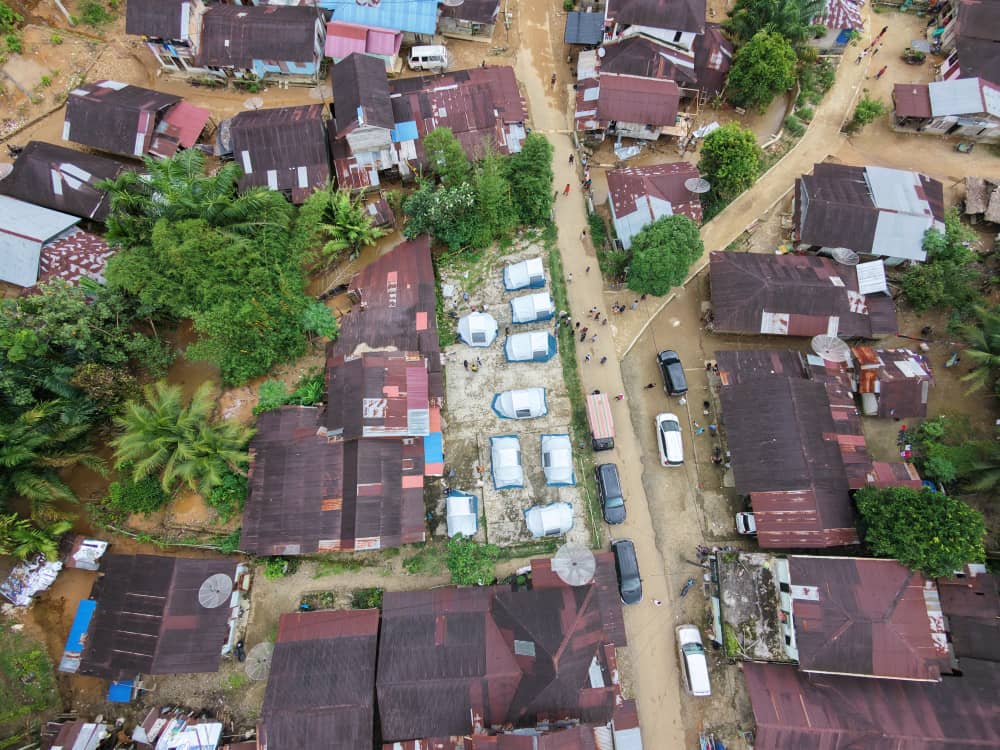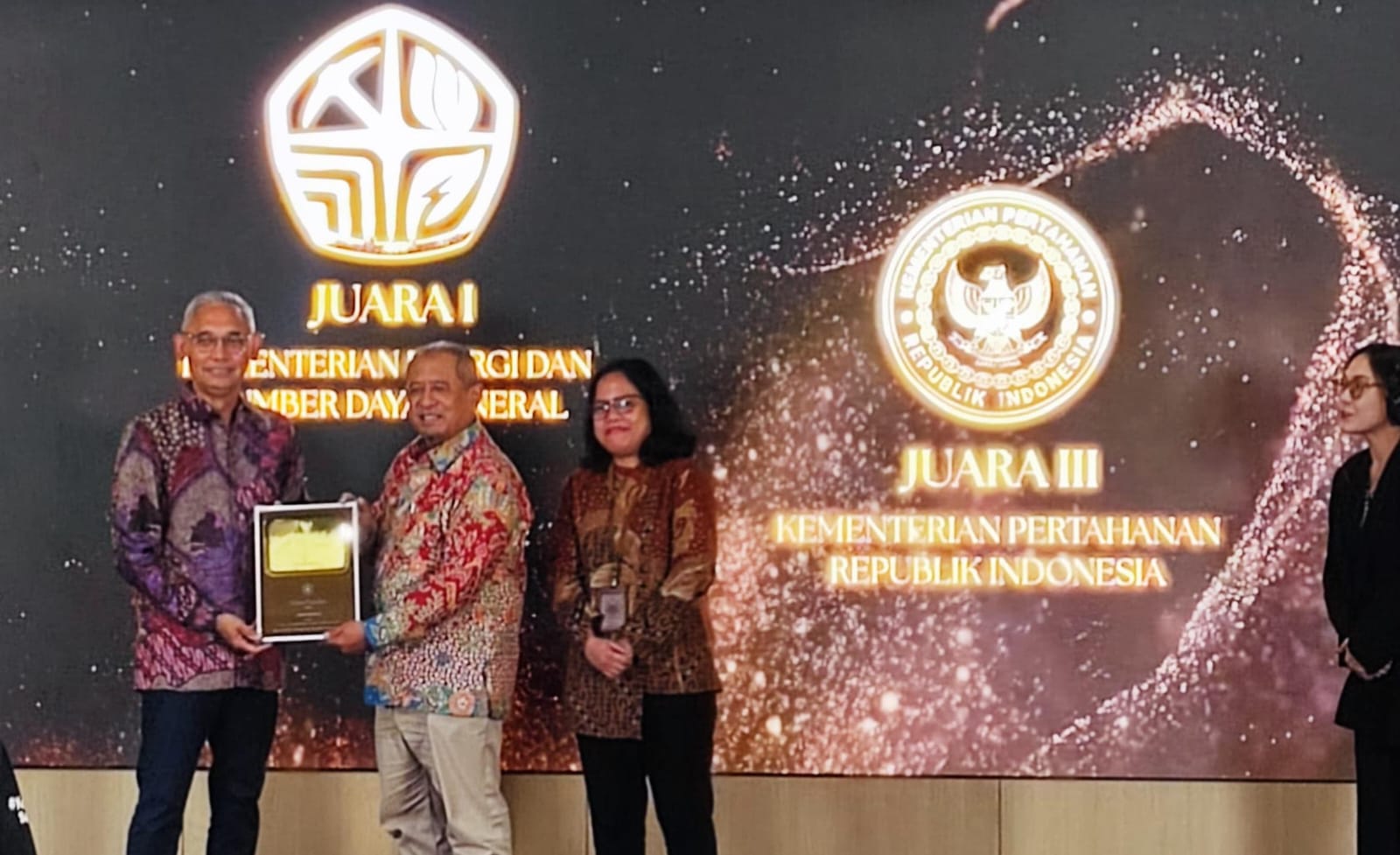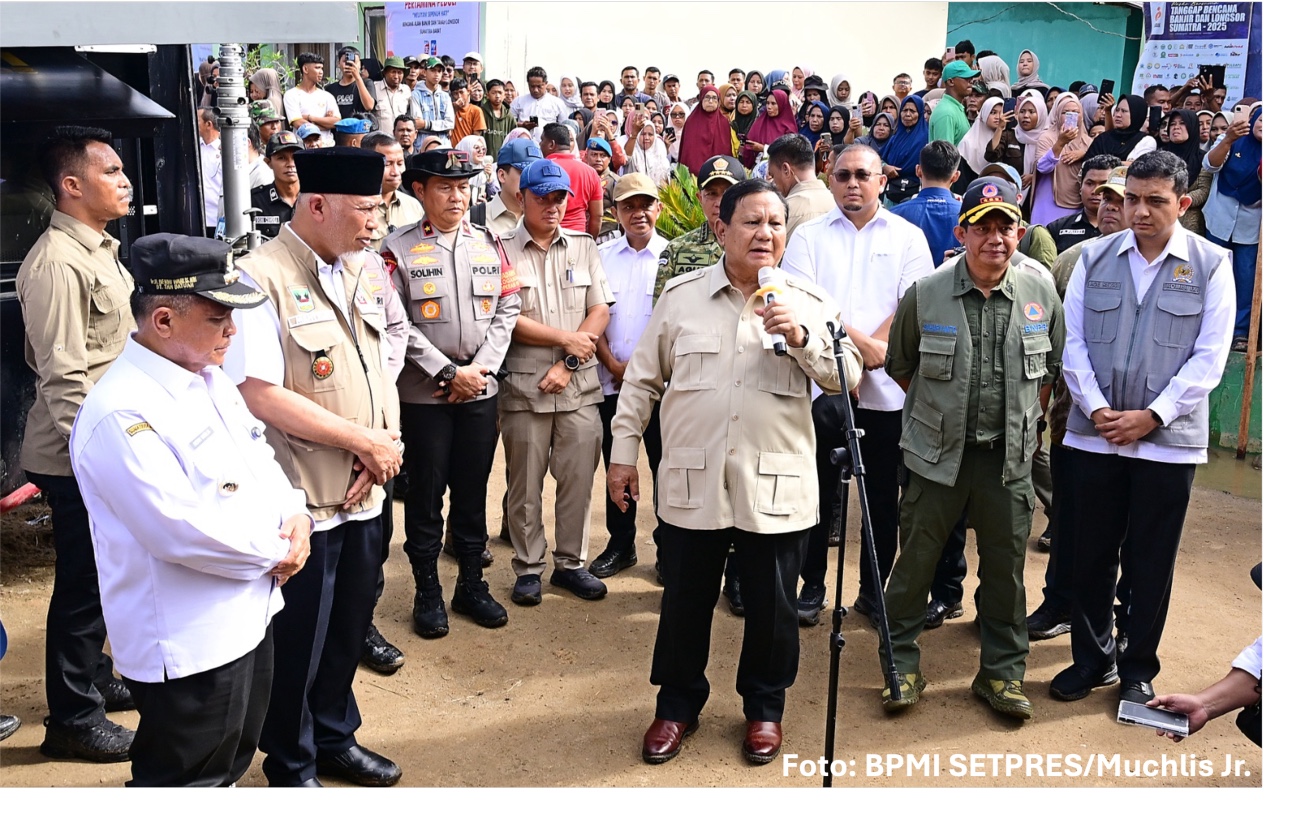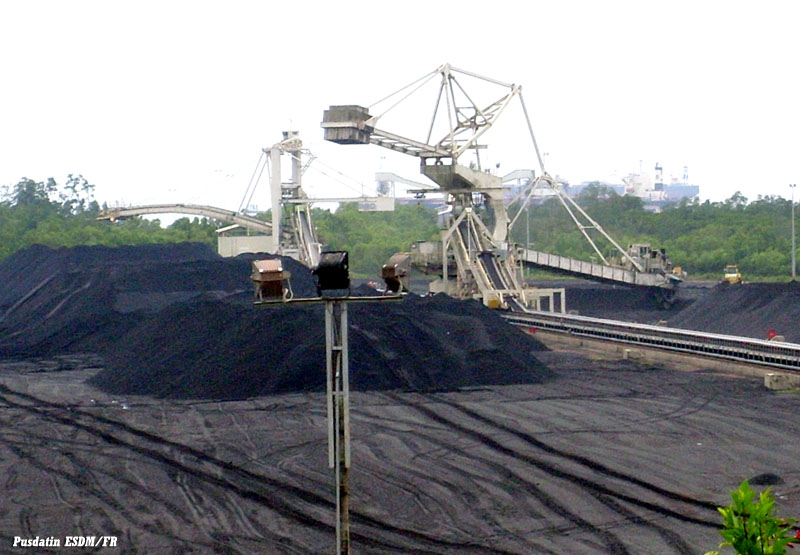Minerba Bill Strengthens Artisanal and Small-Scale Mining Management
MINISTRY OF ENERGY AND MINERAL RESOURCES
REPUBLIC OF INDONESIA
PRESS RELEASE
NUMBER: 172.Pers/04/SJI/2020
Date: 30 April 2020
Minerba Bill Strengthens Artisanal and Small-Scale Mining Management
The management of artisanal and small-scale mining (ASM) will be the government's main concern in the Mineral and Coal Bill ('Minerba' Bill) currently discussed with House of Representatives of Republic of Indonesia (DPR RI).
Director General of Mineral and Coal of Ministry of Energy and Mineral Resources (EMR), Bambang Gatot Ariyono, says the spirit of improving ASM conditions has been raised to strengthen the position of ASM so that ASM is treated like mining activities that obtain Mining Business Licenses, Contracts of Work, or Work Agreements on Coal Mining Business (PKP2B).
"Artisanal and small-scale mining has been insignificant, marginalized. We try to lift the bargaining position of artisanal and small-scale mining," said Bambang Gatot in a Public Discussion titled Minerba Bill as an Effort to Improve National Mining Management, Wednesday (29/4).
In the Minerba Bill, continues Bambang, the criteria for People's Mining Area (WPR) will be extended from previously 25 hectares to 100 hectares. Similarly, the mine depth of metal minerals primary reserves will be set to a maximum of 100 meters, while in the previous regulation, the maximum depth is only 25 meters.
"This is to give people more freedom in carrying out mining activities," Bambang explained.
With clearer rules for ASM activities, the government expects ASM will make new contribution to regional revenue structure in the forms of taxes and/or levies.
Next, the regional revenue will be used to manage ASM according to the provisions of laws and regulations.
"The government will continue to strengthen the position of the people so that they exist even more by providing the criteria (for mining activities). We try to find the balance with the provisions of Article 33 of the Constitution," Bambang asserted.
Misuse Mitigation
To anticipate some mining activities that do not comply with the mining rules, the government has prepared a number of strict rules for the use of explosives and heavy equipment so that they do not damage the environment, for example when mining is conducted on the river banks.
"We have to distinguish which people. The have, they're not entitled to WPR (People's Mining Area), they must own mining licenses. If mining activities use heavy equipment, they're not artisanal, not covered by WPR license. Artisanal miners have limited capital for technology. Therefore, preparations by the regional government, from setting the mining area, exploration to environmental study, must be done in a strict way," said Bambang.
In terms of loopholes for illegal miners, Bambang makes sure that WPR will be managed by small groups, even village enterprises (BumDes), so that WPR cannot easily be exploited by illegal miners.
"So, WPR is proposed by regional government, stipulated by the Minister. At the stipulation time, before deciding on the IPR, the documents must be complete. So, WPR will not be proposed and accepted directly," Bambang said.
The government underlines that strict law enforcement is necessary to get rid of and prevent individuals' actions trying to misuse artisanal and small-scale mining. "For this reason, we must make sure that strict law enforcement is carried out so that the rules will be obeyed," Bambang concluded.
The government also proposes natural resource inventory across Indonesia in the bill. The reason is that the Indonesian government has always been restricted by the spatial planning for mining. "So we've proposed a new form for mining business legal areas," said Gatot.
The formulation of the Minerba Bill to improve Law Number 4 of 2009 on Mineral and Coal Mining was an initiative from DPR RI in 2015 and has since been put as a priority in the National Legislation Program (Prolegnas). "It's been quite a long process," said Bambang.
Throughout 2018 to 2020, Ministry of EMR had conducted public consultations on the Minerba Bill in a number of cities in Indonesia, such as Jakarta, Palembang, Balikpapan, Makassar, Medan, and Yogyakarta, involving regional governments, universities, the public as well as observers/mining profession organizations. (IY)
Head of Bureau of Communication, Public
Information Services, and Cooperation
Agung Pribadi (08112213555)
Share This!


